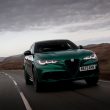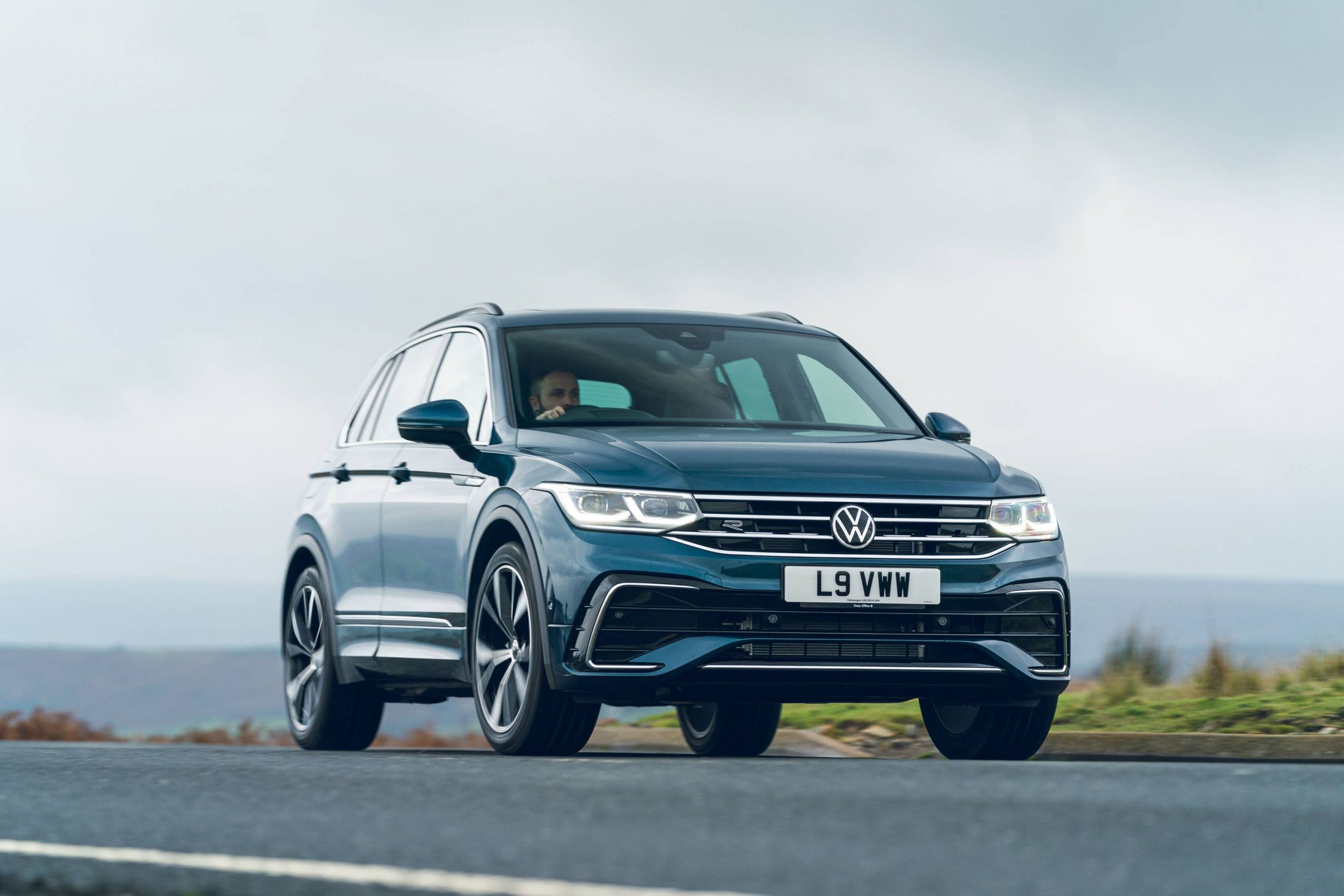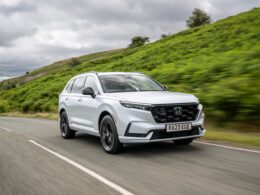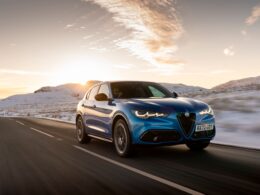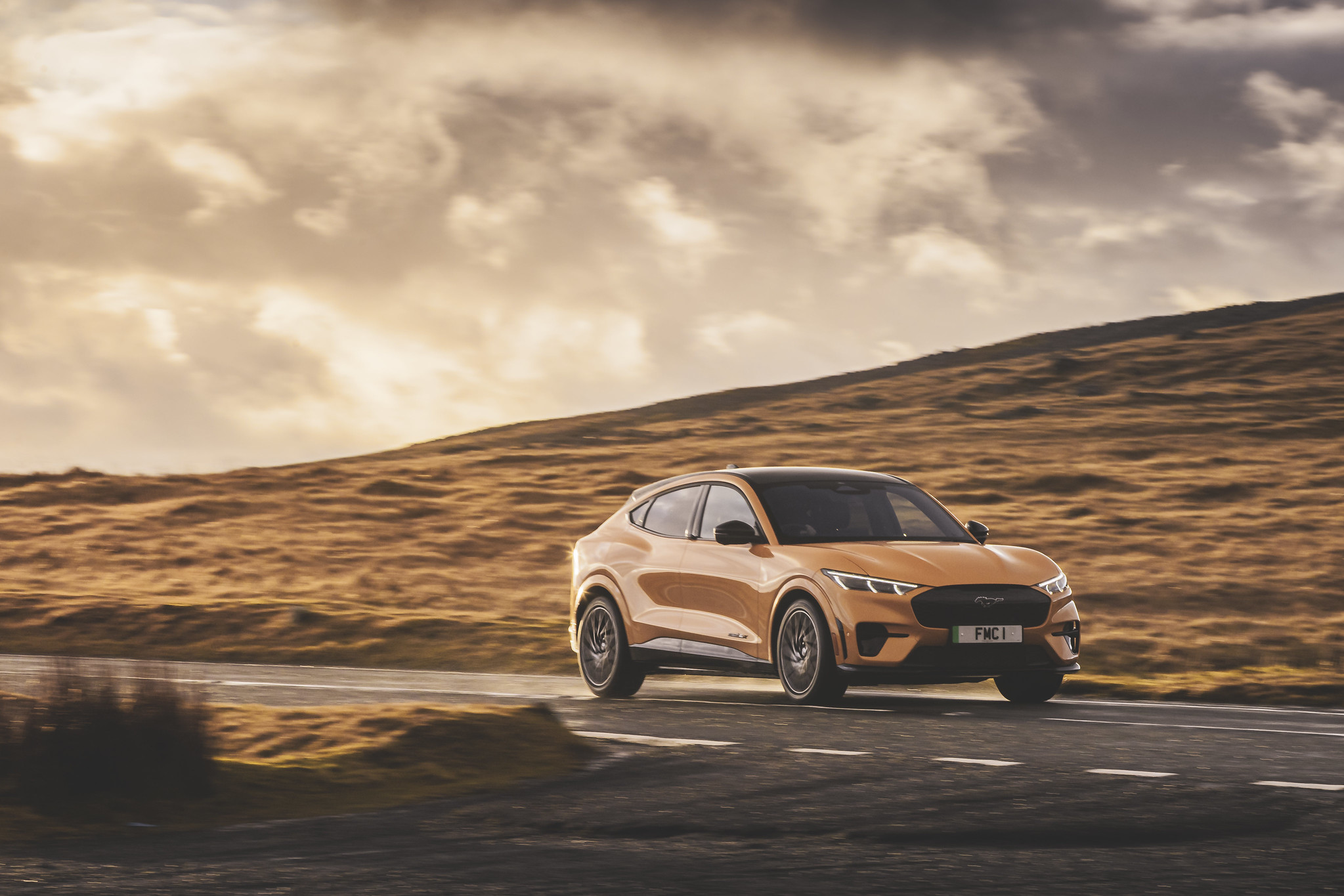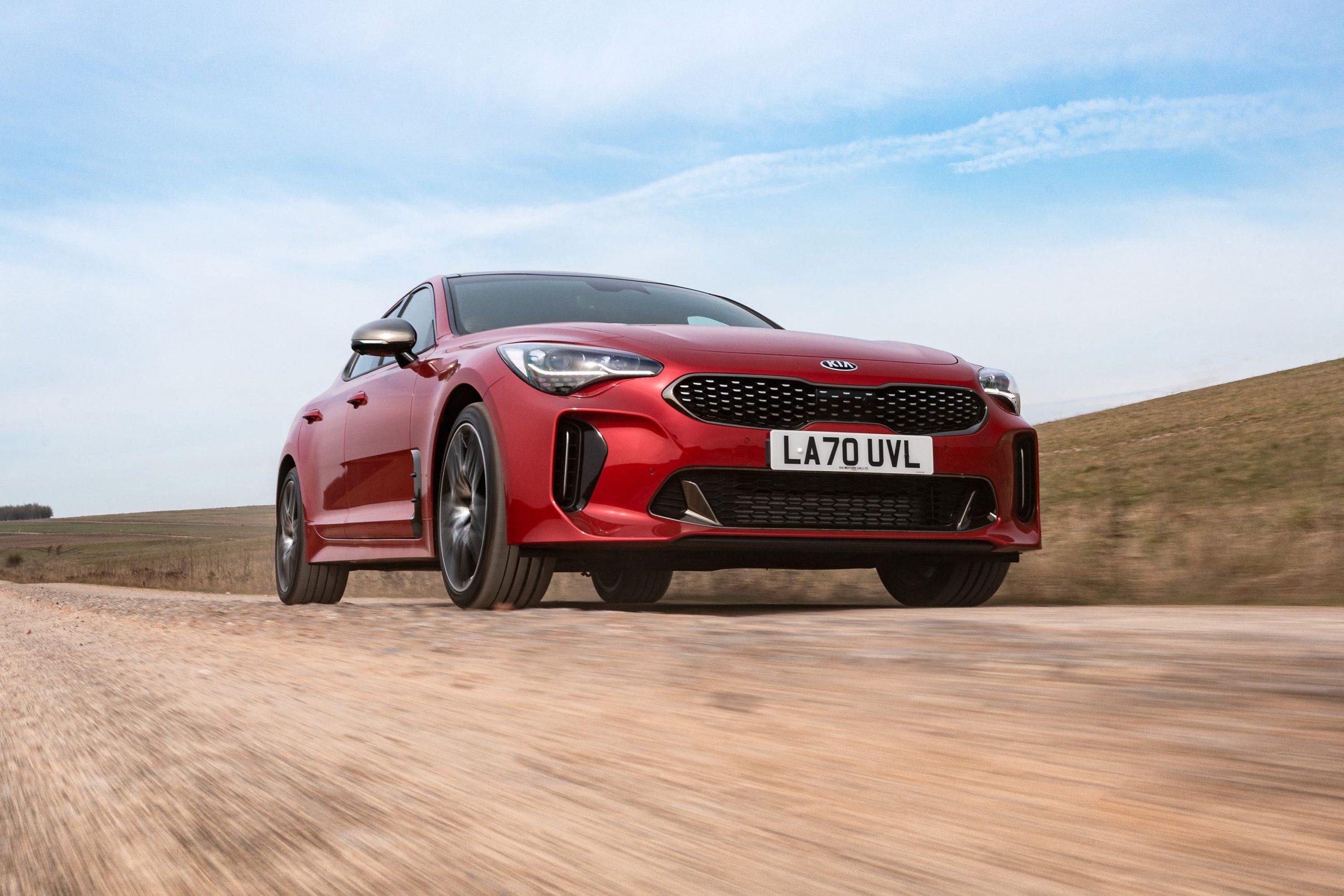It seems difficult to imagine the popularity of the SUV faltering. Certainly, with manufacturers seemingly releasing a new high-riding car every other week, it reflects an overwhelming appetite for SUVs. The Volkswagen Tiguan has shared more than its fair share of this success, too, with more than six million units shifted worldwide since its release back in 2007.
Fast forward to 2021 and the game has moved on considerably, which is why Volkswagen has taken the decision to sharpen the Tiguan. Has it affected this winning recipe though? We’ve been behind the wheel to find out.
You can’t fault Volkswagen for wanting to play it safe with this new Tiguan. As the old saying goes ‘if it ain’t broke, don’t fix it’ and, given this car’s success, things seem to be largely in a good state of repair. But to rest on one’s laurels in the new car market is to fail to change with the times, so that’s why this latest Tiguan debuts a sharper new look more in keeping with the rest of the Volkswagen family, while the interior has been lavished with the latest features too.
Not only that, but the engines have been worked on too. The diesels are now more efficent while the petrols – which we’re looking at here – incorporate cylinder deactivation for better fuel economy.
‘Our’ Tiguan makes use of a 1.5-litre turbocharged petrol engine with 148bhp and 250Nm of torque. Those power figures result in a 0-60mph time of just under nine seconds and a top speed of 126mph, with drive sent to the front wheels via a seven-speed DSG automatic gearbox. You can get a four-wheel-drive Tiguan, of course, but you’ll need to switch to a diesel-powered variant.
Efficiency wise the 1.5-litre Tiguan has a claimed fuel economy of 38.8mpg and CO2 emissions of 165g/km. Though those figures seem reasonable enough, during our time with the car the economy clocked in around 30mpg – not ideal for this type of car.

The Tiguan is, largely, a hassle-free car to pilot. The steering is light and manageable, while the brakes operate with a good degree of confidence. The 1.5-litre engine under the bonnet gives the car a decent slug of performance, too, and it’s quiet and refined and leaves the cabin largely undisturbed from noise.
But the 20-inch alloy wheels fitted as part of our car’s R-Line specification do well to undo an otherwise comfortable and refined experience. Despite looking the part, they endow the Tiguan with a ride which is simply too brittle for a car of this type. Through potholes and across broken surfaces they cause the Tiguan to jitter about and at speed, they generate a fair degree of noise, too.
We’d argue that with a smaller wheel option the Tiguan would be bang on the money in terms of comfort, if you can do without the added visual appearance.
The edits made to the Tiguan’s design have certainly elevated its overall appeal, with the new slim headlights and chrome touches bringing a more sophisticated, premium look.
Volkswagen has tried to tie in this car’s styling with that of the larger Touareg and it has been successful; this is a smaller SUV which gives off the impression of a much larger car.

The sharpening of the Tiguan’s exterior has been mirrored inside, though Volkswagen has ensured that any changes haven’t diminished the car’s impressive practicality. So while you get a redesigned ‘digitised’ setup for the heating and ventilation controls, there are still deep door bins and a large central cubby which are good for making sure the cabin is as de-cluttered as possible. The glovebox is well-sized, too.
There’s plenty of space for those sitting in the back as well, while the rear seats are positioned on rails. It means that if you’ve got children in car seats back there you can move the seats forward slightly to expand the boot’s size.
And when it comes to the subject of boot space, the Tiguan offers up a very useful 520 litres as standard, though this can be pushed up to 615 litres by sliding those rear seats forward. Fold them down entirely, and you end up with an impressive 1,655 litres of space.
There are plenty of bells and whistles fitted to the Tiguan, with R-Line cars like ‘ours’ benefitting from three-zone climate control and a full suite of assistance systems including adaptive cruise control, pedestrian monitoring and lane assist with road edge recognition – among others. You also get Volkswagen’s latest infotainment system which is sharp and easy to use.
This latest Tiguan might look far sharper than before, but it hasn’t lost out on that all-important approach to practicality which has won it legions of fans across the globe. The improvements made to the cabin do little to detract from the car’s overall usability, which is so crucially important in this segment – this is a car for families and groups, after all.
We would, however, advise steering clear of the larger alloys which do contrast an otherwise comfortable and quiet SUV. With wheel sizes ranging from 17-inch, there are more than enough options to choose from, and these smaller alloys will do little to detract from the Tiguan’s striking good looks while giving it a real boost in comfort.





